Israel’s strategic location as a bridge between continents has cemented its status as a pivotal hub in international trade. The country’s trading ports play a crucial role in driving its national development, facilitating the flow of goods, and fostering economic growth. These ports in Israel are more than just entry and exit points; they are the lifelines of Israel’s economy, connecting it to global markets.
Since the mid-1990s, there has been a striking shift in Israel’s port infrastructure and operations, fueled by extensive modernization efforts and strategic investments. This transformation has significantly enhanced the efficiency, capacity, and competitiveness of Israel’s ports on the global stage.
This article delves into the major trading ports of Israel, examining their unique roles and contributions to the nation’s commercial prowess.
Major Israel Ports: An Introduction
Haifa, the largest and busiest port, serves as a central gateway for imports and exports, while Ashdod, located closer to the industrial heartland, boosts the nation’s logistics efficiency. Eilat, Israel’s only Red Sea port, provides unique access to markets in Asia and Africa. Together, these ports not only enhance trade but also create jobs and contribute significantly to Israel’s GDP.
Port of Haifa
The Port of Haifa stands as the largest commercial port in Israel, renowned for its year-round functionality and state-of-the-art infrastructure. Its strategic location and modern facilities make it a pivotal node in Israel’s trade network, handling a significant portion of its imports and exports. The port operates continuously, ensuring the seamless movement of goods, vital for maintaining a steady trade flow.
Recent Developments: In July 2022, the Port of Haifa underwent privatization in a landmark move towards modernization and efficiency. The Adani Port Special Economic Zone, in partnership with Gadot Group, acquired the port, marking a significant shift in its operational dynamics.
The Adani Group holds a 70% stake in the port, while Gadot holds the remaining 30%. This acquisition, completed for approximately 4 billion shekels (around $1.15 billion) on January 11, 2024, signifies a new era of growth and development for the Port of Haifa. This strategic partnership aims to enhance the port’s operational capabilities, boosting its competitiveness on the global stage.
Port of Ashdod
TUEs: 526,000 TEUs in 2023
Historical Significance: The Port of Ashdod boasts a rich historical heritage, tracing its roots back to ancient times. Over the years, it has evolved into a modern marvel of infrastructure and development. This blend of ancient roots and contemporary growth highlights Ashdod’s continuous importance as a vital regional trading hub.
Technological Advancements: Ashdod is at the forefront of technological cargo handling and logistics innovation. The port has implemented advanced solutions to streamline operations, ensuring efficiency and reliability. Its collaborations with startups and tech companies have further bolstered its capacity to handle the increasing demands of modern trade, making it a leader in adopting cutting-edge technologies.
Platform 21: The ambitious Platform 21 project is a testament to Ashdod’s commitment to growth and modernization. With an investment exceeding one billion shekels (approximately $31 million), this initiative aims to deepen the platform to accommodate larger vessels, including mega-ships with a capacity of up to 24,000 TEU.
Recently, the eastern side of the platform became operational, facilitating ship unloading and meeting the high demand in the region. Platform 21 is one of Israel’s most advanced grain and container unloading facilities, significantly enhancing Ashdod’s operational capacity and solidifying its status as a critical player in the nation’s maritime trade.
Port of Eilat
Historical Significance: The Port of Eilat is uniquely positioned as Israel’s only port on the Red Sea, providing a direct maritime route to the Indian Ocean. This strategic location is crucial for accessing markets in Asia and Africa and is historically significant in regional conflicts, having served as a vital supply line and point of contention.
Challenges and Future Plans: Despite its strategic advantages, the Port of Eilat faces challenges due to its vulnerability to regional geopolitical tensions. The port’s location near contentious areas means any instability can directly impact its operations.
However, recognizing its potential, ambitious ‘Southern Gateway’ development plans aim to enhance Eilat’s capacity and resilience. These plans include upgrading infrastructure, improving security measures, and expanding facilities to boost its role in international trade. By addressing these challenges and investing in future developments, the Port of Eilat is poised to strengthen its position as a critical hub in Israel’s maritime network.
Operational Dynamics of Israel’s Ports
Israel’s ports are vital to its economy, serving as critical conduits for international trade. Despite their importance, these ports face various operational challenges and have demonstrated remarkable resilience in navigating them.
Current Challenges: The ongoing regional conflict has significantly impacted air and maritime trade, leading to disruptions in the supply chain. Security concerns remain paramount, with heightened measures necessary to protect infrastructure and personnel. Additionally, port congestion has become a pressing issue, exacerbated by the increased volume of goods and the need for stringent security checks, which can delay operations and increase costs.
Industry Resilience: Despite these challenges, Israel’s port industry has shown impressive resilience. Ports have adapted to disruptions by implementing robust contingency plans and leveraging technology to maintain operations. Real-time updates on port status and dynamic response strategies have ensured that trade continues with minimal interruption. This adaptability underscores the ports’ ability to withstand and recover from external shocks, maintaining their crucial role in the national and global economy.
Economic and Geopolitical Significance of Israel’s Ports
Israel’s ports are not just gateways for goods but also critical pillars of the country’s economic and geopolitical landscape. Their strategic importance extends beyond commerce, influencing regional dynamics and international relations.
The contribution of Israel’s ports to the national economy is substantial. They are central to the country’s import and export activities, facilitating the flow of essential goods, raw materials, and finished products. This trade is vital for sustaining various industries, supporting job creation, and contributing significantly to the GDP. The efficiency and capacity of these ports directly affect Israel’s economic health, underscoring their importance in the global supply chain.
Beyond their economic utility, Israel’s ports play a pivotal role in regional trade and politics. They serve as crucial links in the Middle Eastern trade network, potentially enhancing Israeli-Arab trade relations. These ports can contribute to regional stability and cooperation by fostering economic interdependence. The strategic location of ports like Eilat also offers Israel a valuable position in accessing and influencing trade routes that connect Asia, Africa, and Europe, thereby amplifying its geopolitical clout.
Navigational Technologies and Future Prospects
Israel’s ports are at the forefront of integrating advanced technologies to enhance operational efficiency and security. Israel’s cybersecurity, IoT, big data, and AI expertise is revolutionizing the maritime industry. These technologies are critical for improving port operations, from automated cargo handling to real-time tracking of goods. Startups contribute significantly to this innovation, offering solutions that enhance global port efficiency and security.
Companies like Intoglo have significantly enhanced efficiency through their AI-driven solutions. Intolgo is committed to offering real-time tracking and customs clearance through AI. Recently, Intoglo introduced an AI-powered HS Code Scanner, a game-changer for exporters. This advanced tool automates the classification of goods under the Harmonized System, reducing errors and speeding up the customs process.
Future Prospect of Israel Port
The DOCK, Israel’s maritime innovation hub, is a prime example of the country’s commitment to future advancements. By collaborating with early-stage companies, The DOCK fosters the development of cutting-edge maritime technologies. These partnerships are expected to yield further breakthroughs to streamline port operations, enhance security measures, and improve overall efficiency. The potential for future maritime innovations is vast, with Israel’s ports poised to remain at the cutting edge of technological advancements, setting new standards for global naval operations.
Conclusion
Israel’s ports are critical for the nation’s economic growth and exemplify a balanced approach to environmental sustainability. Efforts to implement eco-friendly port operations are evident in the adoption of green technologies and practices. Intoglo, a door-to-door FCL shipping company, is at the forefront of this movement, contributing innovative solutions that reduce the environmental footprint of port activities. Their AI-driven systems enhance operational efficiency while minimizing energy consumption and emissions, setting a benchmark for sustainable maritime operations.
Looking ahead, the commitment to environmental sustainability and strategic development will further fortify Israel’s ports, ensuring they remain pivotal to the nation’s economic and geopolitical interests. This dual focus on growth and sustainability secures Israel’s maritime future and sets a global example of responsible and innovative port management.


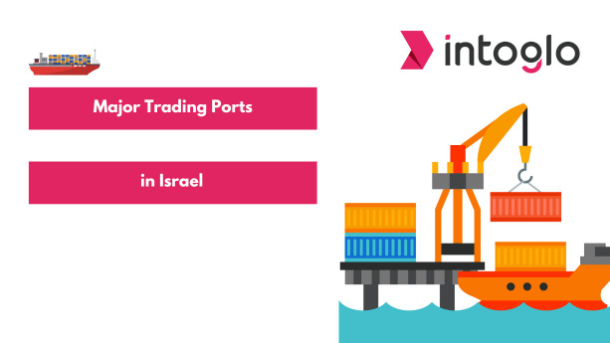
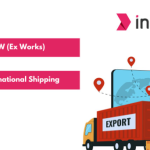
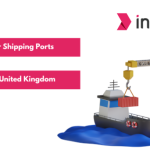
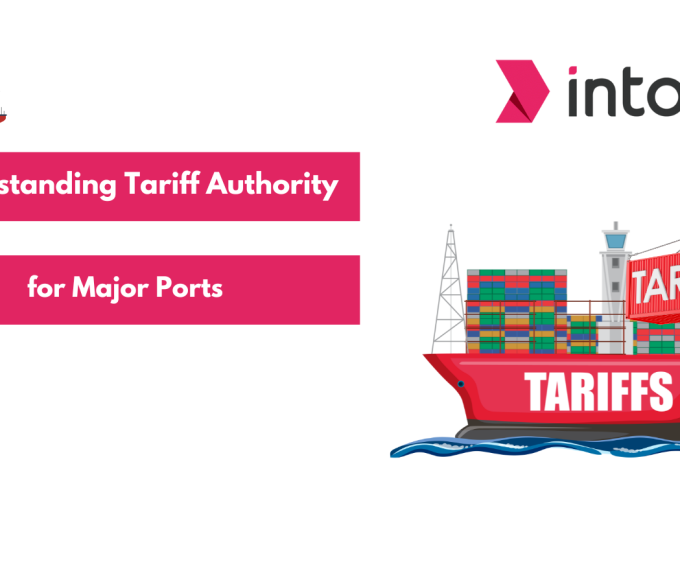
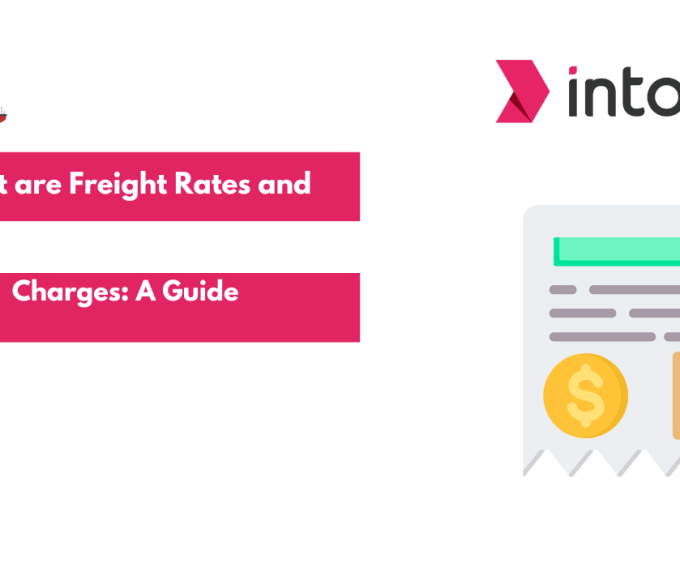
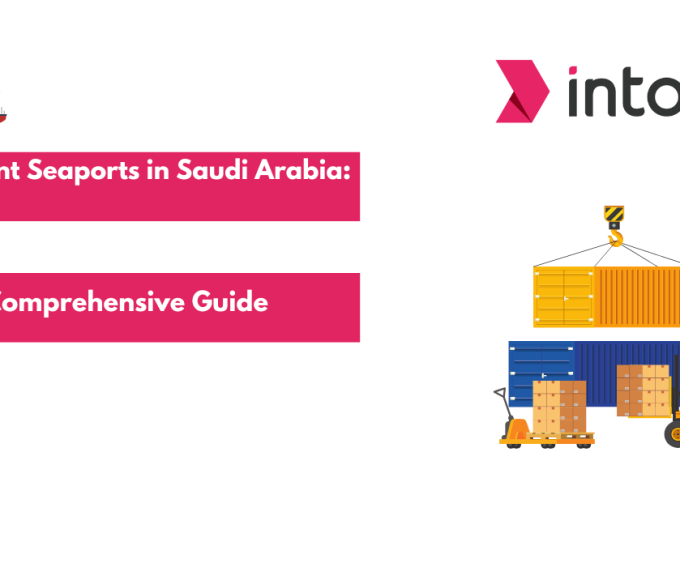
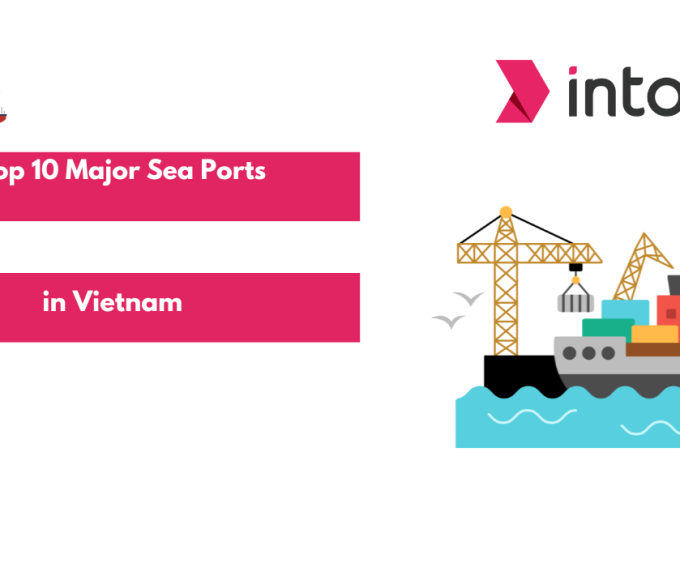
Leave a comment